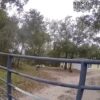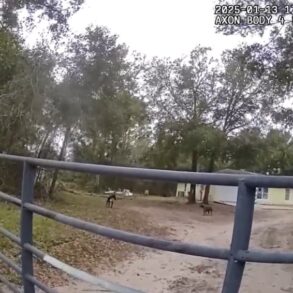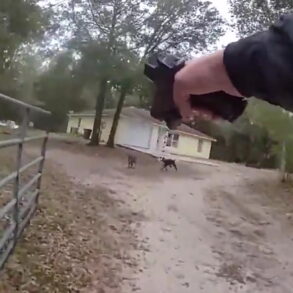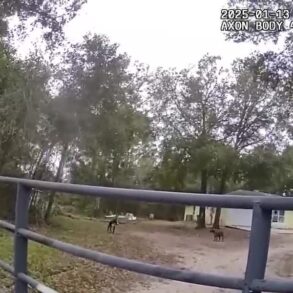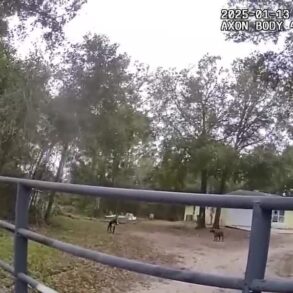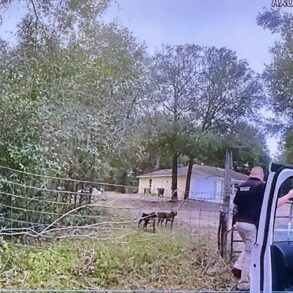
The worst moment of the presidential debate for Donald Trump was likely the point when he began ranting about the imagined epidemic of pets being kidnapped, murdered, and eaten. “In Springfield, they are eating the dogs, they are eating the cats, they are eating the pets of the people who live there,” he shouted wildly.
ABC moderator David Muir gently noted that the Springfield town manager reported nothing of the kind had taken place. “I’ve seen people on television,” Trump replied feebly. “The people on television say, ‘My dog was taken and used for food.’”
The term presidential has always been elastic, and in the Trump era, its meaning has been stretched out like a pair of pants worn around for a week by a man 20 pounds too heavy for them. Yet, even by the distended contemporary standards, Trump’s claim about the dogs was weird, ridiculous, and the opposite of presidential.
There is poetic justice here. Trump is the victim of the sealed-off information ecosystem that produced and sustained his political career.
The conservative movement was built on the premise that the main organs of knowledge — journalism, academia, science — are hopelessly and even consciously biased toward liberalism. In response to this belief, the right constructed its own bubble in which only a claim originating from within the movement can be taken as true. Julian Sanchez once called this “epistemic closure,” meaning that its beliefs were not open to correction from outside sources.
The lie that migrants are eating pets in Springfield, Ohio, is a classic example of that method in operation. The story originated from white-supremacist sites online, which relentlessly promote the idea that non-white immigrants are dirty and dangerous. It quickly worked its way from the far right into mainstream conservative channels. Republicans seemed to think the idea gave them a potent meme.
J.D. Vance, an important bridge between the GOP and elements of the radical right that have been activated by Trump, played a key role. “Reports now show that people have had their pets abducted and eaten by people who shouldn’t be in this country,” Vance tweeted.
When reporters discovered the story was baseless — the closest thing to a factual basis for it appears to be a woman in a different city, Canton, who is not Haitian, arrested for killing a cat — Vance pivoted in a revealing fashion. “It’s possible, of course, that all of these rumors will turn out to be false,” he conceded. But then he insisted other facts about immigration were true. (“That local schools have struggled to keep up with newcomers who don’t know English. That rents have risen so fast that many Springfield families can’t afford to put a roof over their head.”) And so, he urged his “fellow patriots” to continue spreading the lie about pet murder:
This was a familiar sentiment on the right, a smug indifference to truth. The libs would whine, and they would win.
In the immediate term, that is what seemed to happen. The wild tale spread and was gleefully repeated by fellow Republicans in Congress. Inevitably, it found its way into Trump’s media diet. And while Trump’s debate handlers surely did not instruct him to talk about pets being abducted and consumed, they couldn’t dislodge it from his addled mind.
And there he was, standing before the country, repeating a ludicrous tale and insisting it must be true because the people on television had said it. He sounded more like an intoxicated adult or a dim child than a plausible leader of the free world.
Politics, like life, is not a morality play. Virtue is not always rewarded, nor is sin punished. But in this instance, justice prevailed. The conservative fever swamp that has sealed the Republican Party from reality and rendered it unable to effectively govern trapped its own candidate in a lie so transparently wild that it exposed his unfitness to the country.
This post was originally published on this site be sure to check out more of their content.


